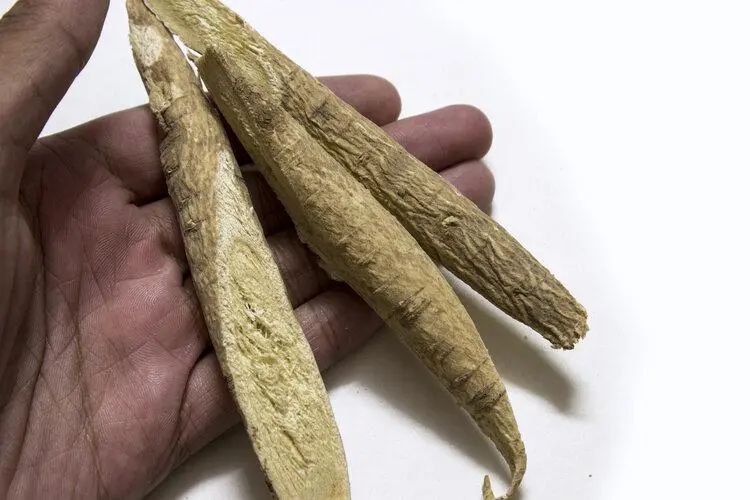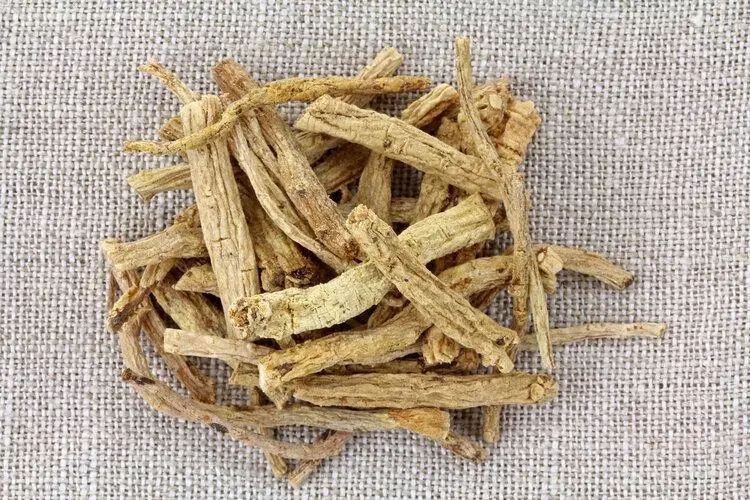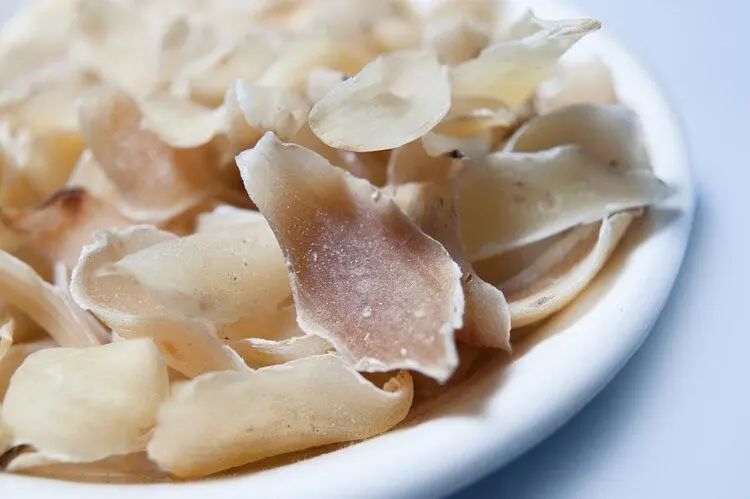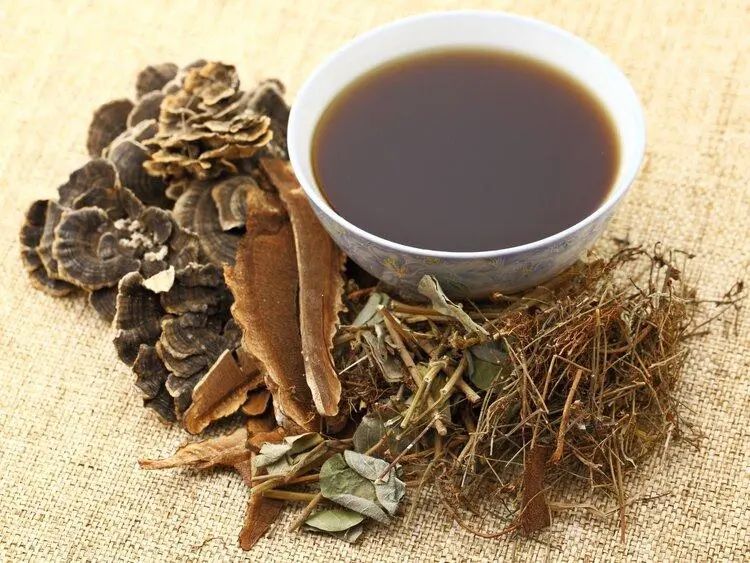“Recently, I’ve been feeling dizzy, so I won’t be going to the square dance.” Grandma Wang declined her friend’s invitation.
Grandma Wang has been experiencing frequent dizziness, palpitations, and insomnia, making her look quite haggard, unable to even dance her beloved square dance.

Her friend was very worried upon seeing her like this and asked if she had eaten anything unusual recently. Grandma Wang informed her that she had been drinking Astragalus (Huang Qi) water to replenish her energy.
This startled her friend, who panicked and told Grandma Wang that Astragalus water should not be consumed casually as it could harm the kidneys, urging her to get checked at the hospital.
Grandma Wang was alarmed and hurried to the hospital for an examination. The doctor indicated that Grandma Wang had a weak constitution and a history of hypertension, which did not align with the indications for Astragalus. Excessive consumption of Astragalus could lead to elevated blood pressure, subsequently causing a series of abnormal symptoms.
After hearing the doctor’s words, Grandma Wang became even more convinced of her friend’s claims and began to view Astragalus as a harmful herb.


Does Drinking Astragalus Water Harm the Kidneys?
Many people view Astragalus as a “flood beast,” believing that consuming it can damage health and affect kidney function. Is this claim credible?
Dr. Xia Kunpeng from the Second Affiliated Hospital of Heilongjiang University of Chinese Medicine states that when consumed correctly, it does not harm the kidneys.
Astragalus has a long history in China, recorded in the “Compendium of Materia Medica” as a superior tonic, and in “Bencao Fengyuan” as a herb that can replenish the five needs…

Modern medicine has also confirmed that Astragalus possesses numerous pharmacological effects, including benefits for the immune system, cardiovascular system, metabolic processes, and anti-aging properties.
Immune System: Astragalus contains polysaccharides, which promote both humoral and cellular immunity, helping to increase the number of white blood cells in the blood and enhancing the phagocytic ability, thus aiding in boosting immunity.
Cardiovascular System: The total saponins, polysaccharides, and flavonoids in Astragalus are beneficial for cardiovascular health, helping to improve heart function, protect myocardial cells, reduce heart damage caused by free radicals, and decrease the area of myocardial infarction.
Metabolism: The polysaccharides in Astragalus have a bidirectional regulatory effect, assisting in lowering abnormally high blood sugar levels without affecting normal blood sugar levels.
Anti-Aging: Saponins and polysaccharides have been shown in mouse experiments to reduce aging and eliminate free radicals.
In summary, Astragalus does not harm the kidneys and has high medicinal value. Regularly drinking Astragalus water is beneficial for health.


How to Consume Astragalus Healthily?
Astragalus is known as the “king of tonics.” Both traditional Chinese medicine and pharmacological research affirm its health benefits, but it must be used correctly to realize its medicinal value.
Wu Wenbo from Shijiazhuang Traditional Chinese Medicine Hospital reminds that Astragalus is not suitable for everyone. Those with Yin deficiency, damp-heat, or excessive heat toxins should use it cautiously, as consuming Astragalus may exacerbate their symptoms.

Individuals with Yin deficiency often experience symptoms such as heat in the palms and soles, lower back pain, and insomnia with night sweats; those with damp-heat may have a bitter mouth, red tongue, and dry mouth; and those with excessive heat toxins may present with various purulent infections, dry throat, sore throat, and yellow, dry tongue coating.
It is suggested that individuals with Qi deficiency or Yang deficiency can appropriately supplement with Astragalus, but this should be done under a doctor’s guidance, with dosages tailored to individual constitution, age, and health status.
Astragalus is usually combined with other herbs; Yin-deficient patients generally need to pair it with Yin-nourishing herbs, while damp-heat patients should combine it with herbs that clear damp-heat.
For those who enjoy drinking Astragalus water, a dosage of about 5 to 10 grams is recommended, which can be steeped multiple times.


These 4 Chinese Herbs Are Truly Harmful to the Kidneys
Many people believe that traditional Chinese medicine is purely natural and pollution-free, posing no health threats while addressing both symptoms and root causes. In reality, many Chinese herbs have strong nephrotoxicity. Misuse of these herbs can easily lead to kidney failure, and the following four herbs should be used with caution.
Mineral-based: Includes arsenic, realgar, alum, cinnabar, and arsenolite;
Animal-based: Includes centipede, snake venom, seahorse, and fish bile;
Plant-based: Includes alkaloid herbs like Tripterygium wilfordii, motherwort, and ephedra; protein-based herbs like Xanthium fruit, Acacia seed, and croton seed; and Aristolochia acid-containing herbs like Guangmu Tong, Fangji, Qingmuxiang, and Tianxian Teng.
Among these, Aristolochia acid-containing herbs have strong nephrotoxicity. The Chinese FDA canceled the drug standards for Guangmu Tong, Fangji, and Qingmuxiang between 2003 and 2004, replacing them with other herbs. Additionally, strict regulations have been implemented for other Chinese herbs containing Aristolochia acid, requiring prescriptions for purchase.
Compound Chinese patent medicines: Includes Coronary Heart Disease Suhe Pills, Gynecological Fenqing Pills, and Danggui Sini Decoction.

These herbs have strong nephrotoxicity, and their use should be guided by a professional doctor. One should not blindly purchase and consume them to avoid unnecessary harm to the kidneys.
For healthy individuals, there is no need to take herbs for health maintenance; indiscriminate use of herbs can instead pose health risks. The saying “all medicines have toxicity” applies to Chinese herbs as well. It is important to recognize the side effects of Chinese herbs correctly and to use them scientifically and rationally under medical advice when there is a need for treatment.
This article was first published in “The Wonderful Materia Medica” Today Headline.
References:
[1] Jiang Yan. Pharmacological Effects of Astragalus and Its Application in Formula Compatibility [J]. China Practical Medicine, 2015: 232-233.
[2] “[Medication Safety] 5 Commonly Used Drugs That Are Very ‘Harmful to the Kidneys'”. Anhui Drug Supervision. 2015-02-04
[3] Zhang Linjing. Benefits of Drinking Astragalus Water [J]. “Agricultural Knowledge: New Life for the People”, 2014: 42-43.
[4] Deng Yueyi. Don’t Let Chinese Medicine Harm the Kidneys [J]. Family Medicine: Second Half Month, 2009: 56-57.

